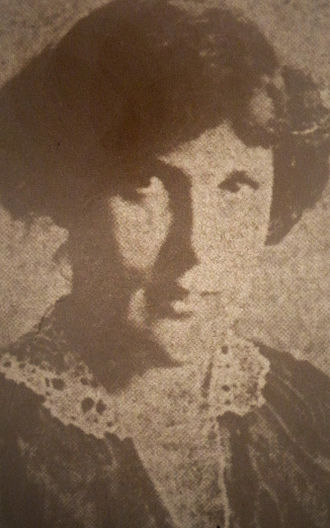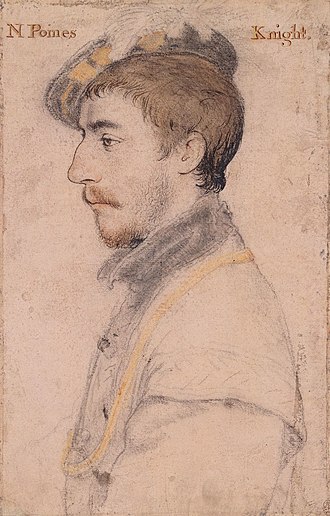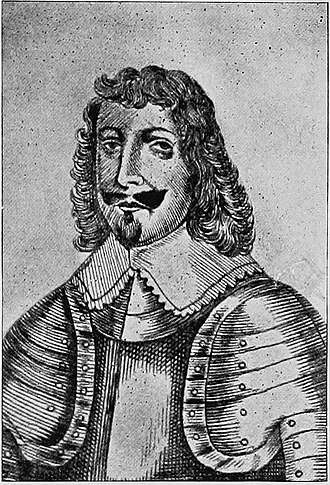Poyntz Last Name Origin, History, and Meaning
Where did the surname Poyntz come from? What does the surname Poyntz mean? Discover the history and meaning of the last name Poyntz and family migration on YourRoots Map.
Surname Poyntz Origin: What does the last name Poyntz mean?
The surname Poyntz originated in England around the early 12th century, according to YourRoots data. It has remained closely associated with England throughout history, with records of Poyntz family members also found in Ireland, indicating a global spread over the centuries.
By the 20th century, the volume of records with the Poyntz surname significantly increased in Ireland. Today, the Poyntz surname remains prominent in England and can be found in various countries, including Ireland, Australia, Canada, and the United States, showcasing its widespread presence and enduring legacy.
Poyntz Last Name History: Where did the last name Poyntz come from?
Origin of Poyntz Surname: Where does the last name Poyntz originate from?
According to YourRoots data, the surname Poyntz first appeared in records from England around the early 12th century. Please note that this reflects only YourRoots data for the exact Poyntz spelling and does not include other record sources or surname variations.
History of the Last Name Poyntz: What does the Poyntz surname history look like in the early days?
The Poyntz surname remained closely associated with England from the 12th to the 19th centuries. YourRoots data also shows Poyntz family records in Ireland, indicating global spread over the centuries.
Global Spread: Where can we find the Poyntz surname today?
By the 20th century, the volume of records with the Poyntz surname grew significantly in Ireland. The Poyntz surname remains prominent in England and appears in many countries, including Ireland, Australia, Canada, and the United States.
Explore Poyntz last name heritage and Poyntz surname origin based on YourRoots Map data
 VIEW THE ORIGIN OF SURNAME POYNTZ
VIEW THE ORIGIN OF SURNAME POYNTZFamous People With Poyntz Surame?

Juliet Stuart Poyntz
Juliet Stuart Poyntz (November 25, 1886 – c. 1937) was an American suffragist, trade unionist, and communist spy. She co-founded the Communist Party of the United States and later worked as an intelligence agent for the Soviet Union. Poyntz's radical activism led to her unexplained disappearance in New York City, believed to be an assassination. Her journey from student activism to espionage during the tumultuous early 20th century showcases her dedication to social justice causes and her involvement in international political intrigue.

Nicholas Poyntz
Sir Nicholas Poyntz (1510 – circa 28 Nov 1556) was a prominent English courtier during the latter part of Henry VIII's reign. He built a special lodging for the king and Anne Boleyn at Acton Court, Gloucestershire. Poyntz also served as High Sheriff of Gloucestershire and represented the county in Parliament. Known for his role in the war of the Rough Wooing with Scotland, he commanded the warship the Great Galley. Poyntz built Newark Park as a hunting lodge and was elected MP for Cricklade. His legacy includes a portrait by Hans Holbein the Younger and a lasting impact on Gloucestershire's history.

Sydnam Poyntz
Sydnam Poyntz (bap. 3 Nov 1607) was an English soldier known for his service in the Thirty Years' War and English Civil War. He rose to prominence as a commander-in-chief for Parliament's Northern Association and governor of York. Poyntz led the victorious Parliamentary force at the battle of Rowton Heath in 1645. Despite being thought to oppose the New Model Army, he was eventually sent as a prisoner to Thomas Fairfax. After various military exploits, he settled in Virginia, leaving behind a legacy of military service and leadership during turbulent times in English history.

William Stephen Poyntz
William Stephen Poyntz (20 Jan 1770 – 8 Apr 1840) was an English Whig politician known for his service in the House of Commons from 1800 to 1837. He came from a prominent family, with connections to the Earl Spencer and other noble figures. Poyntz married into the Browne family and had several children, although tragedy struck when both of his sons drowned in 1815. Despite his political career and family ties, he is remembered for his contributions to British politics during the early 19th century.

Sarah Poyntz
Sarah Mary Poyntz (1926 – September 14, 2020) was an Irish journalist and author known for her work in Country Diary describing The Burren. Born in New Ross, she later became Head of the English Department at the Perse School for Girls in Cambridge. Poyntz moved to Ballyvaughan in 1986 and started writing for Country Diary in 1987. She retired at 84 in 2010 and passed away from cancer at 93.
All images displayed on this page are sourced from Wikipedia or Wikimedia Commons.We use these images under their respective Creative Commons or public domain licenses. Wherever applicable, author attributions and license information are provided. If you believe an image is used incorrectly or outside its license terms, please contact us so that we can review and correct the issue.




.png)